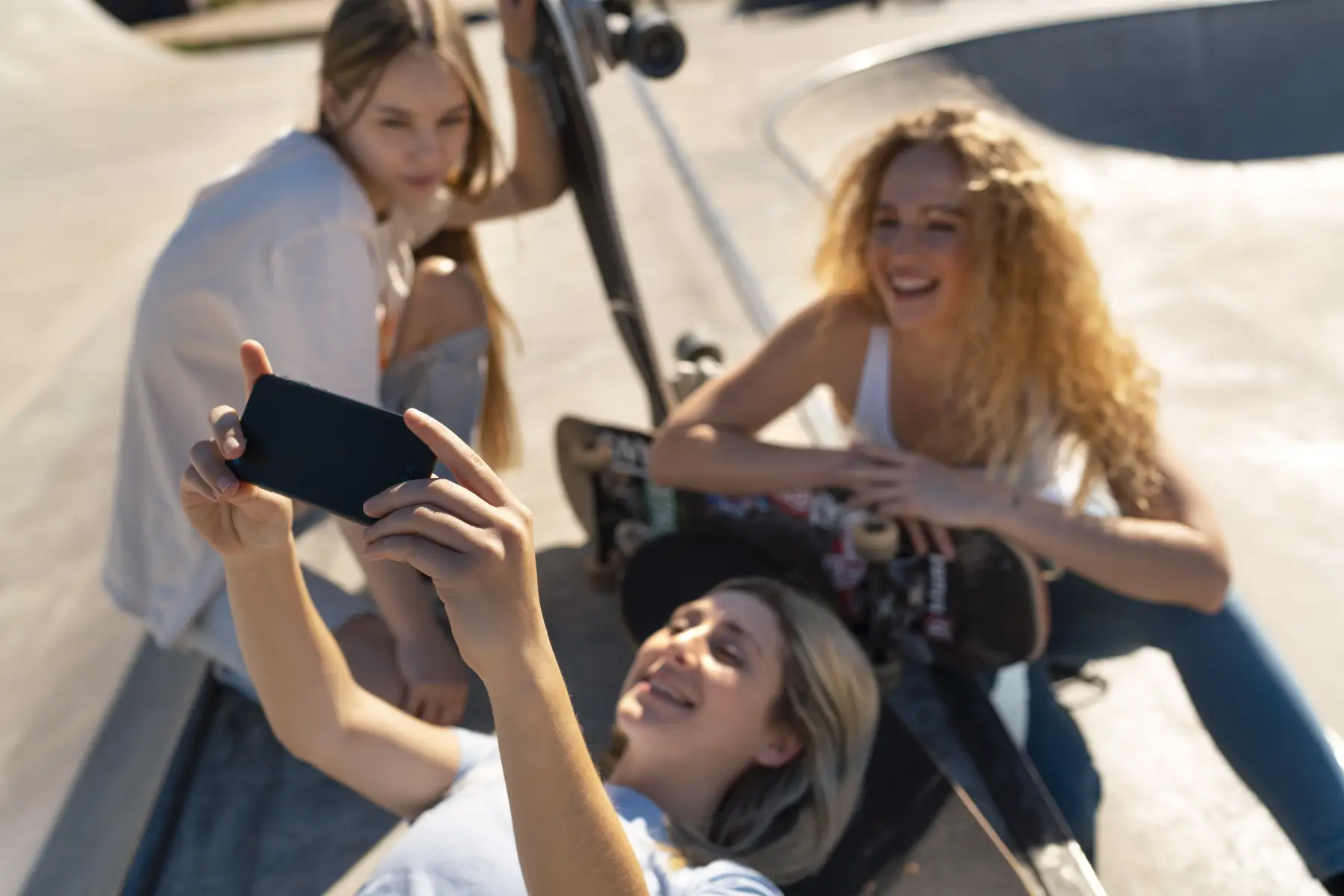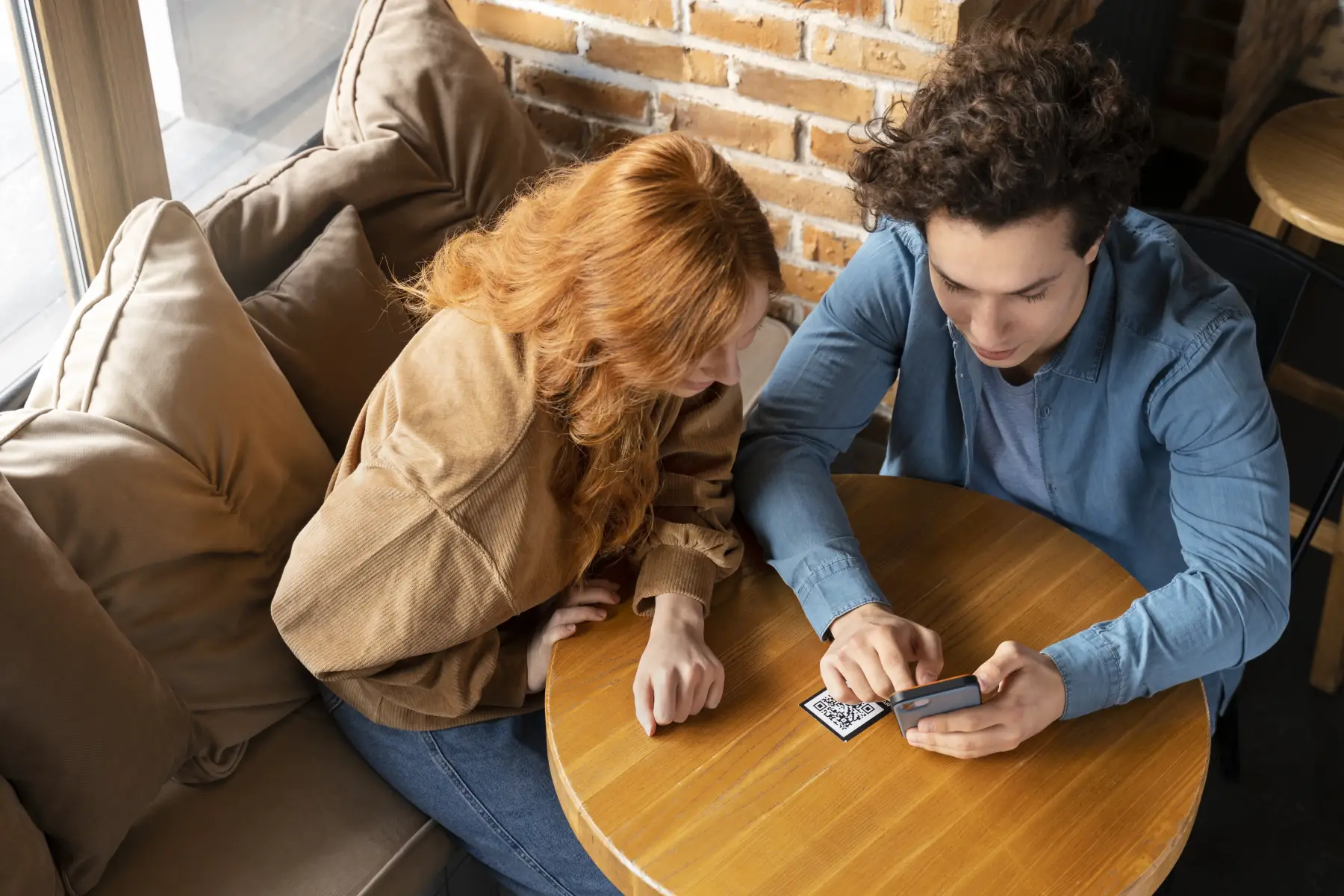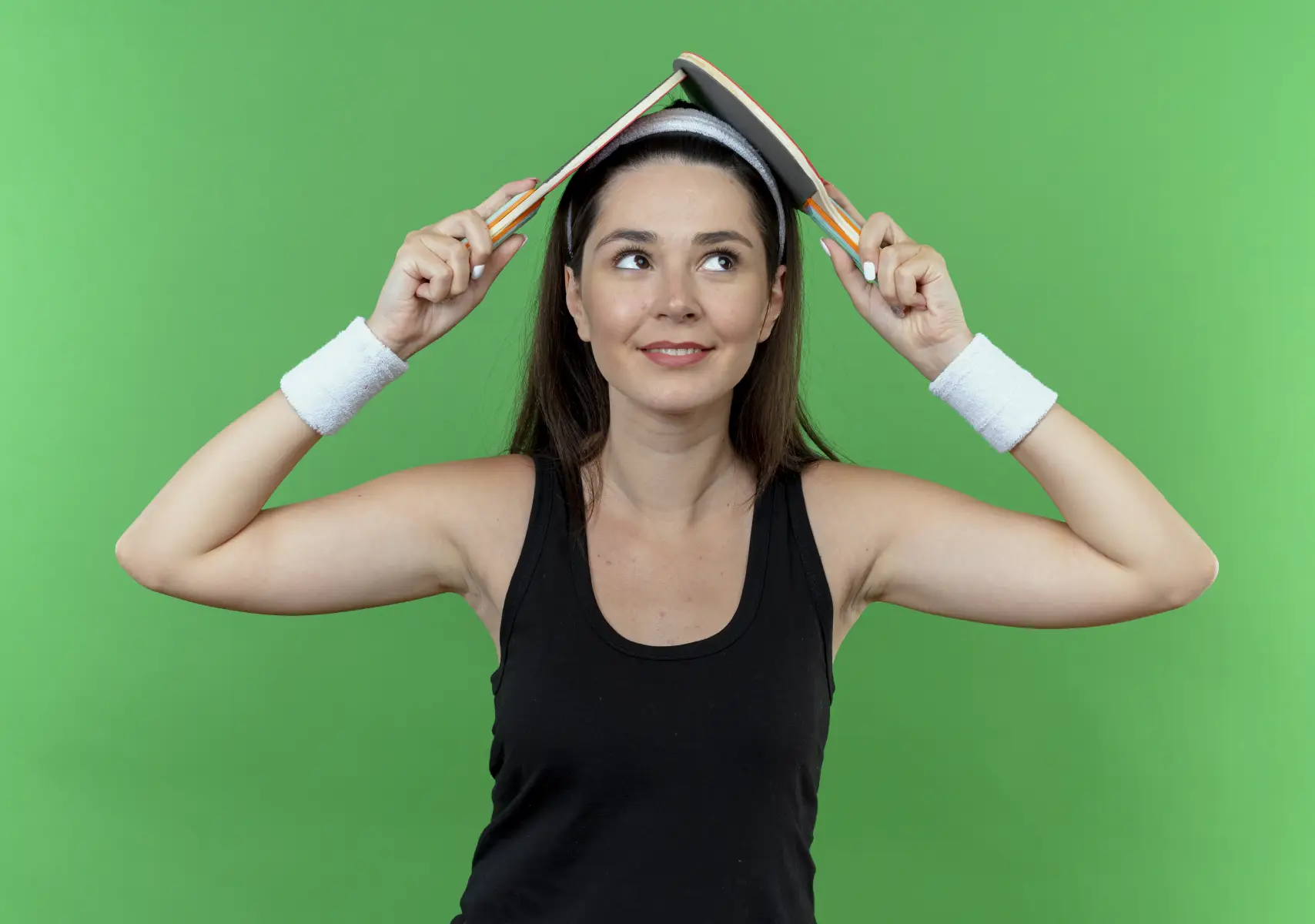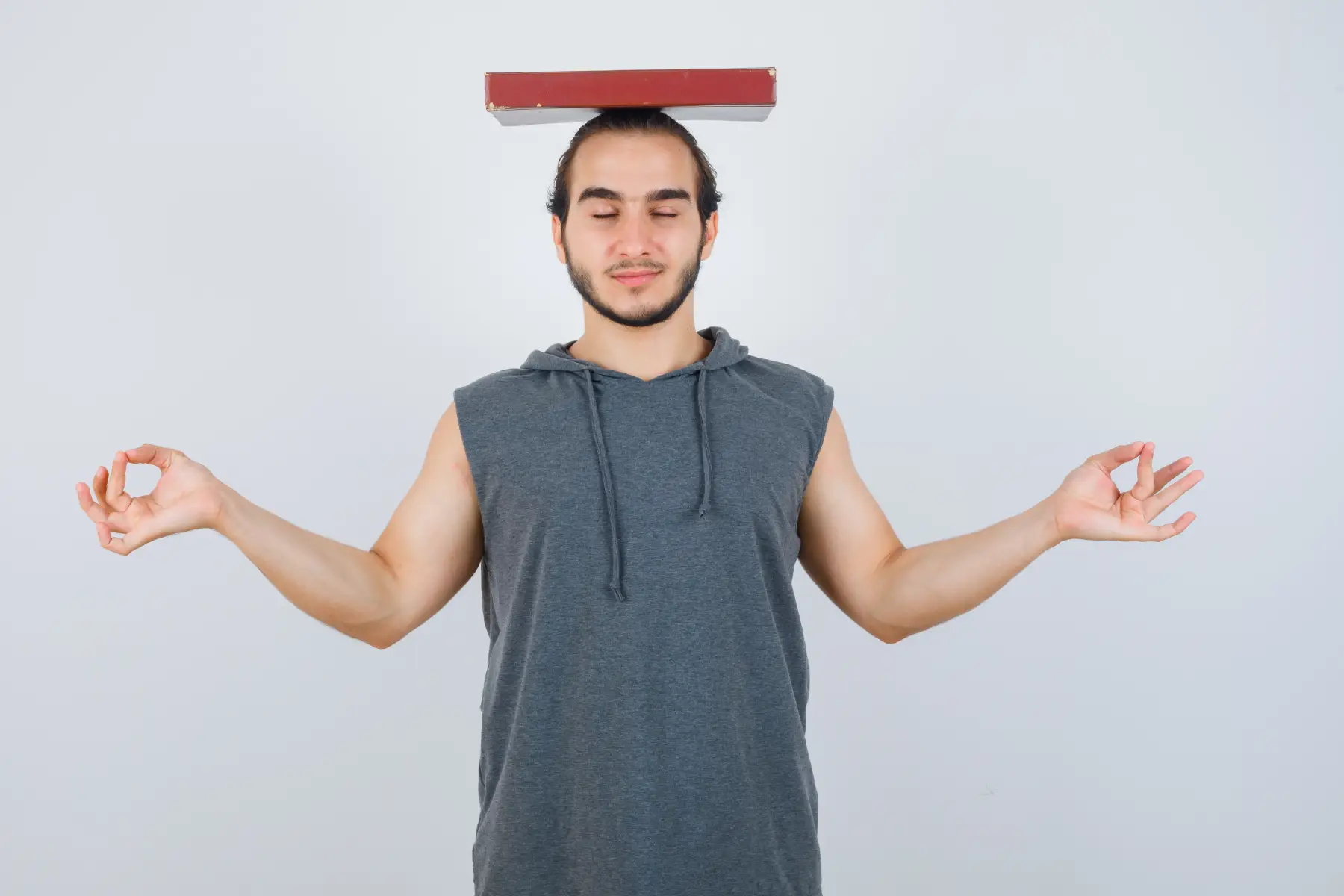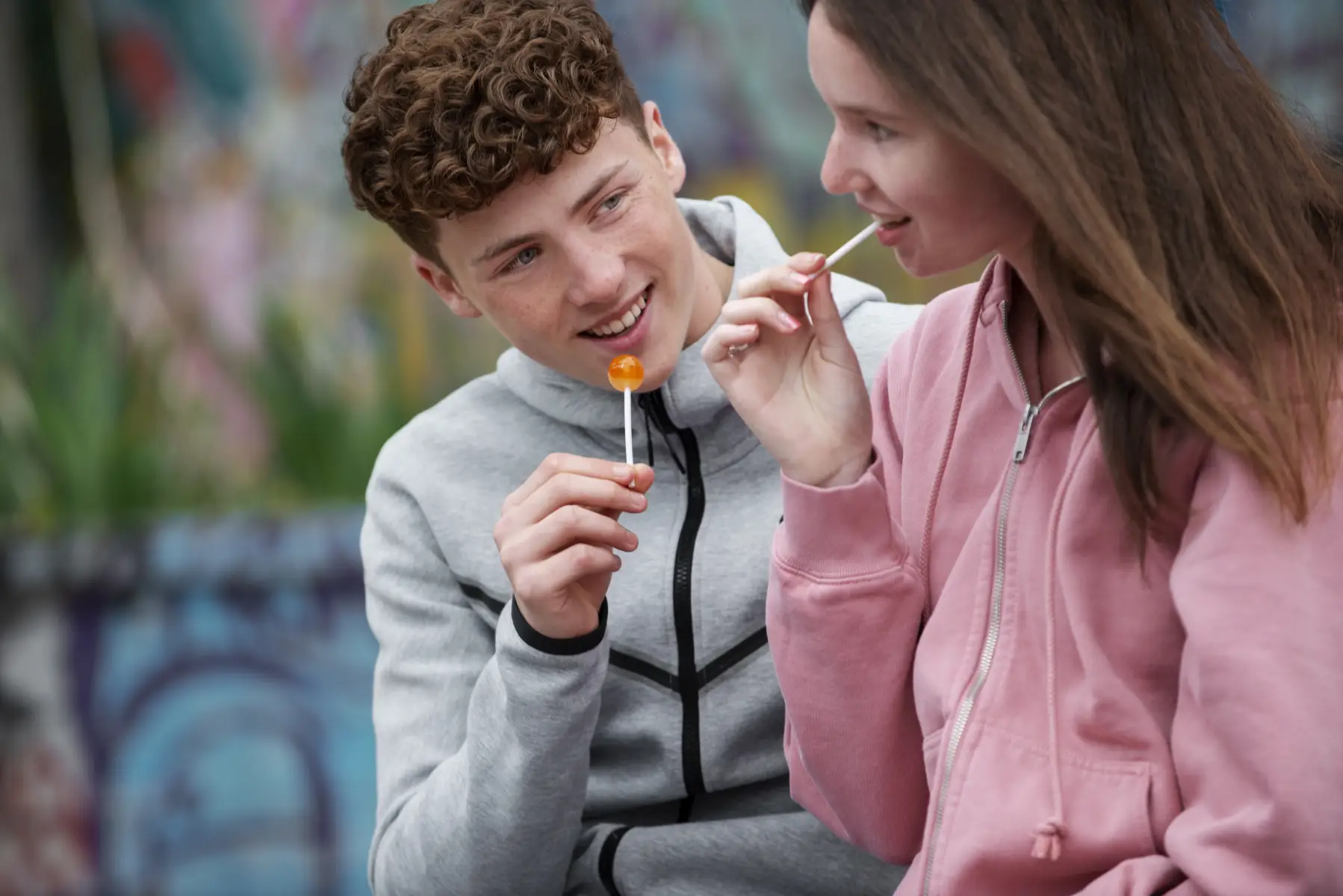Introduction
Social media is a central part of modern life in the UK: connecting us, entertaining us, and shaping the way we see the world. But for many, these platforms become more than just a tool—they start to take over, fuelling anxiety, interfering with work or study, damaging relationships, and affecting self-esteem.
If you feel powerless to cut down, find yourself scrolling against your will, or often feel worse after time online, you’re not alone. In 2023, the UK saw record use of social media, with over 84% of adults logging in daily (Ofcom). Yet, hundreds of thousands now say their use feels compulsive, even harmful.
This whitepaper offers guidance from research, therapy, and lived experience. It helps you distinguish healthy from problematic use, understand the “science of stickiness,” and discover practical, evidence-based ways to regain balance.
What is Social Media Addiction?
“Social media addiction” (also called Problematic Social Media Use, PSMU) isn’t an official psychiatric disorder, but it shares features with other behavioural addictions. The key problem isn’t how much time you spend online, but how much it disrupts your life, mood, and sense of control.
Common symptoms include:
- Persistent, excessive urges to check or scroll through social media
- Failed attempts to reduce or quit use
- Anxiety, low mood, or restlessness when not online
- Neglect of real-life relationships, work, study, or hobbies
- Using social media to escape negative emotions
- Feeling jealous, inferior, or lonely after use, yet returning repeatedly
If your phone or app use feels compulsive, it’s a sign to pause and reflect—without shame or self-criticism.
Why Is Social Media So Addictive?
Social media is designed to hold your attention:
- Infinite scroll and variable rewards: Each swipe or notification could bring something new, exciting, or validating—feeding the brain’s dopamine circuits (Smith et al., 2022).
- Social validation: Likes, follows, and comments trigger profound feelings of acceptance or anxiety.
- Fear of missing out (FOMO): Platforms are built to make us feel that life is passing by if we’re not connected.
These design features are not accidents; they’re deliberate. Teens, students, and working adults are all susceptible, especially during periods of loneliness, stress, or boredom.
Signs and Symptoms
- Frequent, uncontrollable checking of apps—even during other activities
- Losing hours to unplanned scrolling
- Sleep disruption from late-night use
- Feeling anxious or irritable when disconnected
- Neglecting important responsibilities or relationships
- Feeling your sense of self-worth is tied to online feedback
- Hiding or minimising real usage from others
Mental and Physical Health Impact
- Mental health: Increased risk of anxiety, depression, low self-esteem, loneliness, and stress (Royal Society for Public Health, 2022)
- Sleep: Blue light and late-night scrolling cause poor sleep quality, making anxiety and fatigue worse
- Physical effects: Increased sedentary time, posture problems, eye strain
- Relationships: Reduced quality face-to-face time, misunderstandings, or conflict about “screen time”
Academic Evidence & Therapy Approaches
- Cognitive Behavioural Therapy (CBT):
CBT helps identify triggers, challenge distorted beliefs (“I’ll miss out if I log off”), and build healthy routines (Gong et al., 2021). Strong evidence for benefit in digital behaviour change, especially among teens and young adults.
- Digital Detox and Mindfulness:
Structured, time-limited “detoxes” help you reset tracking and get perspective.
Mindfulness increases awareness of compulsive urges and helps you “surf” cravings to scroll.
- Habit Replacement and Environment Design:
Making phones less “sticky” (removing apps, turning off notifications, using grayscale) can break autopilot use.
- Peer Support or Group Therapy:
Many find it powerful to talk about digital struggles with others in similar situations, reducing shame and building accountability.
- Family and Relationship Counselling:
For families or partners where screen time has caused conflict or disconnection.
Actionable Strategies
- Track Screen Time:
Use your phone’s built-in screen time tools or a tracking app. Notice “hot spots” (times, places, moods).
- Set Clear Boundaries:
Designate phone-free zones (bedroom, dining table), and set time-limited app usage.
- Turn Off Notifications:
Only let real necessities through; disable non-essential alerts to reduce interruptions.
- Delete or Disable “Problem” Apps:
Take a break from the apps that most trigger compulsive use, even for a few days.
- Find Real-World Alternatives:
Swap online time for offline hobbies, social activities, or exercise—even for 10 minutes at a time.
- Schedule “No-Phone” Times:
Start small: no phone for 30 minutes after waking, or in the hour before bed.
- Ask for Support:
Let friends or family know your goals, and ask them to help you stay accountable or join you.
- Practice Self-Compassion:
If you slip back into old patterns, notice the trigger, and try again—change takes time.
When and How to Seek Help
Get extra support if:
- Attempts to cut down have failed multiple times
- Your mental health is suffering, or you feel isolated or hopeless
- Digital use causes serious conflict at home or work/school
Therapy is completely confidential and non-judgemental. Online or in-person sessions focus on your unique challenges, triggers, and building positive habits that last.
Recovery Story (Anonymised)
“Endless scrolling left me feeling empty, missing deadlines and ignoring friends. With therapy, I learned why I was escaping and built routines that made space for real connection. For the first time, life feels bigger than my phone.” – (Anon., Edinburgh)
Resources
- NHS Online Addiction Help
- Screen Time Trackers (Your phone’s settings or app store)
- The Mix (support for under-25s)
- Family Lives (digital parenting guides)
- Action for Children
Books:
- “Stolen Focus” by Johann Hari
- “Digital Minimalism” by Cal Newport
Conclusion
Social media addiction is a new and rapidly growing challenge, but it is not a sign of personal failure. With self-awareness, informed strategies, and professional help, you can break the cycle and rediscover focus, wellbeing, and real-world connection. The first step is reflection—change, and a brighter balance, is always possible.
